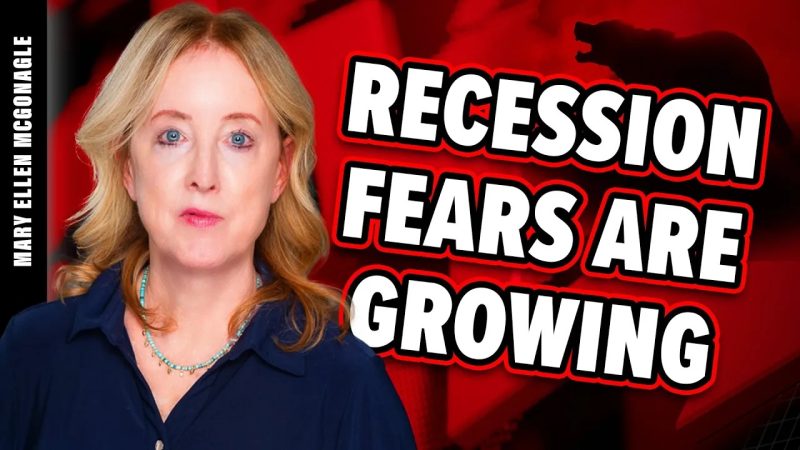The recent nosedive in the financial markets has sent shockwaves throughout the global economy, raising concerns about the possibility of an upcoming recession. Investors and analysts alike are closely monitoring the situation as they try to navigate the uncertainties of the current market conditions.
As market indices continue to plummet, the fear of an economic downturn looms large. The volatility in the markets can be attributed to a combination of factors, including trade tensions between major economies, geopolitical instability, and concerns about slowing economic growth.
The escalation of trade disputes between the United States and China has had a significant impact on market sentiment. The uncertainty surrounding tariffs and trade policies has created a sense of instability among investors, leading to increased market volatility and a general lack of confidence in the market outlook.
Geopolitical tensions in regions such as the Middle East and North Korea have also contributed to the market turmoil. The potential for conflict and disruption in these areas has raised concerns about the stability of the global economy, prompting investors to adopt a more cautious approach to their investment decisions.
Moreover, signs of a slowdown in economic growth in key economies such as the United States and China have added to the worries about a possible recession. The inverted yield curve, which is often seen as a predictor of economic downturns, has fueled speculation about the health of the global economy and the potential for a recession in the near future.
In response to the market turbulence, central banks around the world have taken steps to ease monetary policy in an effort to support economic growth and stabilize financial markets. The Federal Reserve in the United States recently cut interest rates, while other central banks have indicated their willingness to adopt accommodative monetary policies to address the challenges posed by the current market environment.
Investors are advised to remain vigilant and stay informed about the latest developments in the markets. Diversifying their portfolios, maintaining a long-term perspective, and seeking guidance from financial advisors can help investors navigate through these uncertain times and mitigate the risks associated with market volatility.
In conclusion, while the recent nosedive in the financial markets has raised fears of a potential recession, it is important for investors to stay calm and focused on their long-term investment goals. By staying informed, diversifying their portfolios, and seeking professional advice, investors can weather the storm and emerge stronger from the current market challenges.
